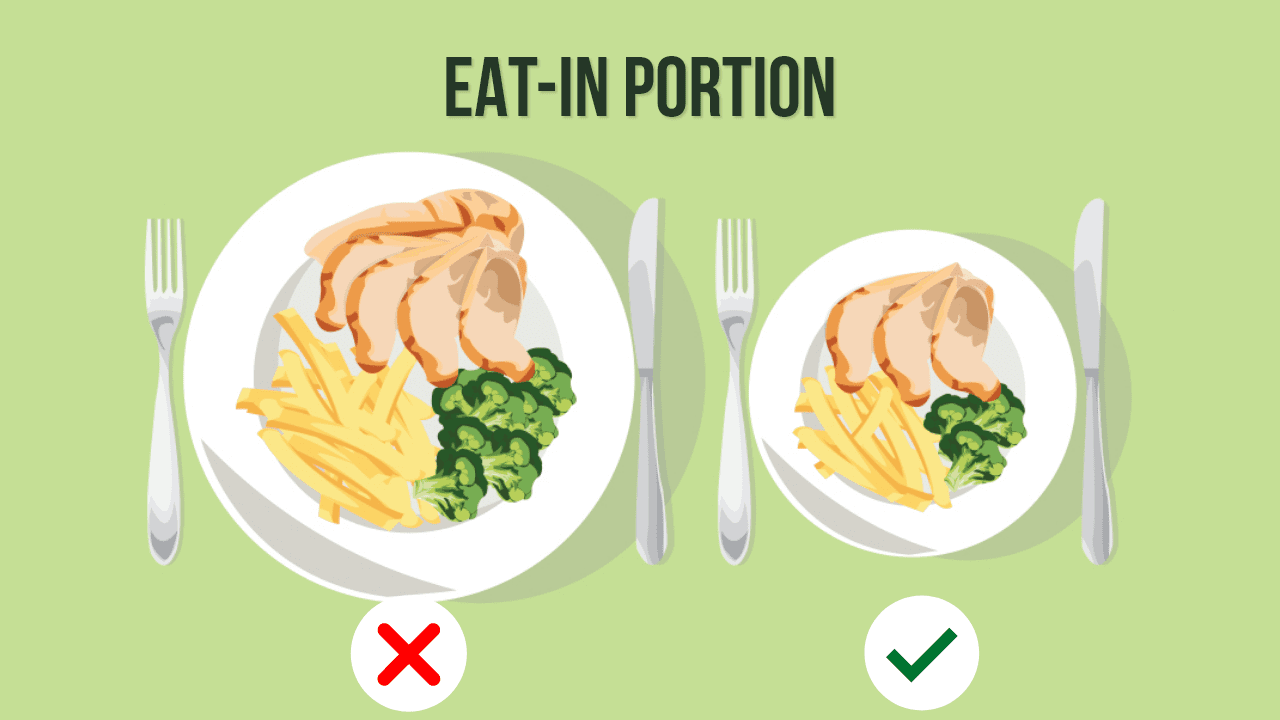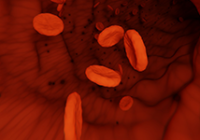By Jesse O’Brien, owner of Central Health
 Robert is a 47-year-old client who initially weighed 270 pounds. He lost 85 pounds three years ago on his own by carefully following the guidance to decrease his caloric intake to 1500 calories daily and exercise six days a week.
Robert is a 47-year-old client who initially weighed 270 pounds. He lost 85 pounds three years ago on his own by carefully following the guidance to decrease his caloric intake to 1500 calories daily and exercise six days a week.
After coming in for a consultation, I was excited to hear about his continued progress and see how much more he’d lost, but instead, I was surprised to see that he had regained almost 60 pounds. What was the problem?
“I don’t know what to do,” said Robert. “The weight keeps returning. I keep trying, but there must be something wrong. I’m sure my metabolism is in the dumps. Every moment of the day, I can’t help but think about food. I was never like this before I lost the weight. And no matter how hard I try to stop eating after one serving, I just can’t do it anymore.” Feeling defeated, he said, “I don’t even know what the point of doing this is anymore!”
 Stories like Robert’s are all too familiar. While many think losing weight is a difficult task, maintaining the weight loss is indeed the challenge. In a meta-analysis of 29 long-term weight loss studies, more than half of the lost weight was regained within two years, and more than 80% of lost weight was regained by five years.
Stories like Robert’s are all too familiar. While many think losing weight is a difficult task, maintaining the weight loss is indeed the challenge. In a meta-analysis of 29 long-term weight loss studies, more than half of the lost weight was regained within two years, and more than 80% of lost weight was regained by five years.
While there is no one-size-fits-all approach, losing weight can be boiled down to three primary levers:
- Movement – Many people go to the gym and are sedentary for the rest of their day. One hour in the gym a few days weekly will not offset a sedentary lifestyle.
- Nourishment – Eat like your great-great-grandparents ate. Whole foods that are minimally processed and home-cooked as often as your lifestyle can handle with sufficient protein.
- Resistance – Resistance training is the fountain of youth and one of the most essential tools to impact your body’s composition of muscle and fat positively. This can be side planks and step-ups for one person and heavy back squats for another. There is a level of bio-individuality that will dictate what is appropriate for the individual.
Movement Prescription
 Record your steps and increase your moving amount by 10-20%. Hold this for about four weeks, and if you have established consistency and feel confident you can handle a bit more, repeat this cycle. The best outcomes are in the range of 7,000 – 15,000 steps per day. A step goal creates awareness around your daily movement outside of normal exercise. This can help avoid weight loss plateaus.
Record your steps and increase your moving amount by 10-20%. Hold this for about four weeks, and if you have established consistency and feel confident you can handle a bit more, repeat this cycle. The best outcomes are in the range of 7,000 – 15,000 steps per day. A step goal creates awareness around your daily movement outside of normal exercise. This can help avoid weight loss plateaus.
Nourishment Prescription
Focus on your overall intake and protein consumption. Calories drive weight loss/weight gain, while adequate protein intake helps to build and sustain muscle. To lose fat, you must control your portions while consuming adequate protein.
Portion control strategies:
- Chew your food 31 times
- Set your utensil down between bites
- Use a smaller plate
- Eat seated without distractions

Protein strategies:
- Prepare your protein in advance
- Keep protein options that won’t expire quickly (chicken sausages, smoked salmon, pre-boiled hard-boiled eggs, protein powder, jerky)
- Always have a survival kit in your car, pantry, purse, etc. (beef jerky and protein powder)
Resistance strategies
- Incorporate resistance training into your training plan 3-5 days per week
- Training needs to follow the concept of progressive overload – small incremental
- increases in volume/intensity over time. You may follow the same plan for 4-8 weeks with minor adjustments.
- Track your training progress
 Adherence
Adherence
Understand that you must compromise your diet sometimes, but every weekend can’t be a special occasion. Being consistent with your nutrition is how you will have long-term weight loss. This means choosing times to focus on your nutrition to allow for your most significant adherence (avoid holidays and vacations).
Discipline
Discipline is having clarity on what you desire and value. This means choosing what you truly want most over what you kind of want right now.
This is not:
- Self-denial
- Restriction
- Control
- Punishment
Through discipline, you will get more of what you want in life, not less.
Sustainability
While we discussed some strategies to lose weight, the primary challenge is sustaining these changes long-term and avoiding weight regain. The ultimate theme of long-term weight loss is how you can create the most sustainable plan. To determine what is appropriate, we need to delve into behavior change.
- Humans have an 85% long-term adherence when making one change at a time
- With two changes, this drops to 30%
- Three or more changes, < 10% chance of long-term adherence
So, what does that mean?
 That means adopting one habit at a time. Master it for months before you add the next habit. While this may feel painfully slow at the moment, it is actually the fastest way to your objective.
That means adopting one habit at a time. Master it for months before you add the next habit. While this may feel painfully slow at the moment, it is actually the fastest way to your objective.
Is Your Environment Aligned with the Outcomes You Desire?
If you are a drug addict and you keep hanging out with your drug-addict friends, the chances of long-term sobriety are nil. The same goes for losing weight. If you spend time with people who do not value their health and fitness, your chances of success are minimal. The hardest thing you may have to do in order to lose weight is to distance yourself from some friends in the process.
Identify Change
The hardest part to fathom is that losing weight isn’t about a pill you’re not taking or the diet you couldn’t follow through with. Your body’s composition is a reflection of your values and more generally your identity. If you want to lose weight for long periods of time, you have to become a different person.
- The person who walks 365 days per year rain or shine
- The person who eats predominantly plants and animals
- The person who consistently does some form of resistance training several days per week
Progress isn’t measured in days, weeks, months, or even years. The ultimate scorecard is decades!
My advice for Robert is the same for you: Your body is with you for a lifetime The rewards are infinite when we choose to tune in to our own physiology. It is the ultimate flex in life.
Please join me on Tuesday, February 6th at 12:00 p.m. ET for a special BioBites episode called, “Health Hack: Leveraging Your Body Composition,” where I will go into greater detail on how to leverage your own body composition for optimum performance
Citations
- Hall KD, Kahan S. Maintenance of Lost Weight and Long-Term Management of Obesity. Med Clin North Am. 2018 Jan;102(1):183-197. doi:10.1016/j.mcna.2017.08.012. PMID:29156185; PMCID: PMC5764193.












This Post Has One Comment